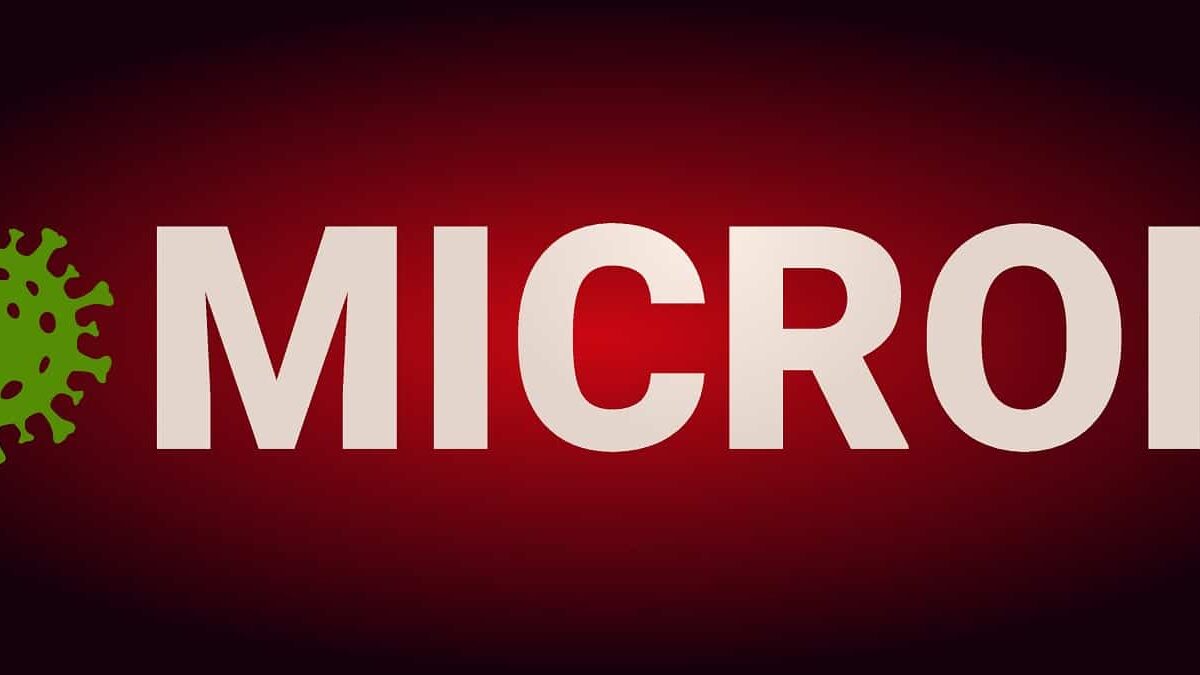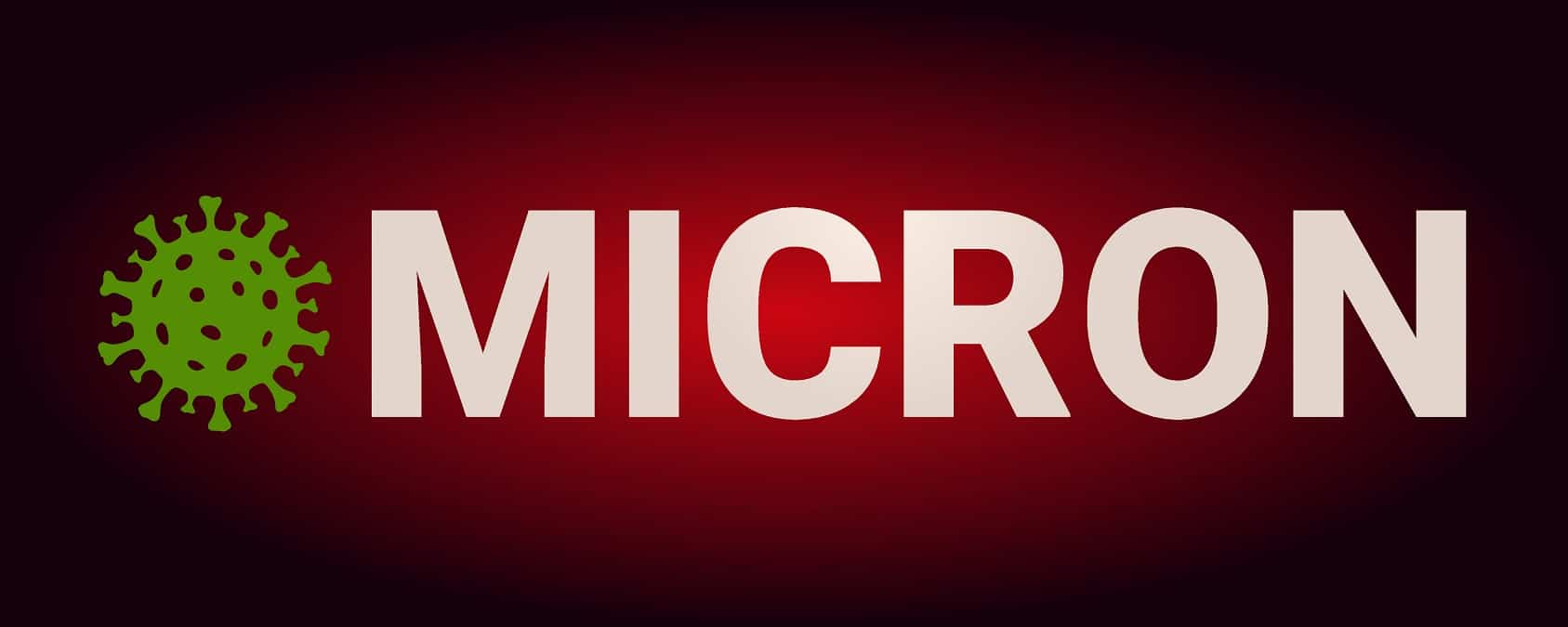The Workers Union is urging the government to provide business with ‘clarity’ about plans to contain the new “Omicron” variant of Coronavirus.
In talks held with government officials last Monday, business leaders stressed that another “pingdemic” like that seen last July would exacerbate pre-existing labour shortages. They also voiced concerns about the current uncertainty around response plans should Omicron take hold in the country.
People who come into contact with those infected with the new variant are currently forced to self-isolate for 10 days. In response, business leaders have called for an earlier release date if those who are potentially at risk of developing Omicron have negative PCR tests.
The chief of external affairs at the Federation of Small Businesses, Craig Beaumont, added that ministers need to be clearer about their strategy should the situation escalate: ‘Will we see passports, tiers and workplace testing? Will there be financial support for businesses? What will be the local enforcement of mask wearing?,’ he said.
Meanwhile on Tuesday the 30th of November at 4am, new rules around mask wearing came into force in England. The change means masks must now be worn in settings such as shops, banks, post offices and public transport – although hospitality settings are largely exempt. However, the government has, at the time of writing, stopped short of extending these measures to the workplace.
The prime minister, Boris Johnson, said: ‘The measures taking effect today are proportionate and responsible, and will buy us time in the face of this new variant. Based on everything we know, our vaccines and boosters remain our best line of defence, so it is more important than ever that people come forward when eligible to get boosted.
‘Not only will today’s steps help us slow down the variant’s spread, but they will help us protect each other and the gains we have all worked so hard for.’
The Workers Union Says…
Businesses are understandably worried about Omicron depressing economic activity in the run up to Christmas. At the same time, the government has a duty to balance maintaining economic activity with public health and individual liberty. We do not know, as yet, whether Omicron will turn out to be a greater menace than the original virus or the Delta variant. It is, therefore, sensible to proceed cautiously without pushing for a hard stop.
That said, we must not forget that it’s working people that are often placed in situations that expose them to higher levels of risk. On that basis, the best way forward must surely be for business and government to work together to devise additional safety measures to reduce the chance of infections spreading in the workplace. Lowering the cost of PCR tests would be one step towards better protection, and something that combined with the ability to return to work more swiftly, may yet avoid crunching levels of absenteeism.
At the same time, more money to help enterprises with their anti-COVID measures and clarity around working from home should also be important planks in our country’s defences.
As a nation, we have come together to fight many a foe over the last two thousand years. COVID may have presented us with a different kind of challenge, but the same grit and application that have seen this proud island nation survive and prosper must now be turned towards creating a coherent response to what could be a new threat.





